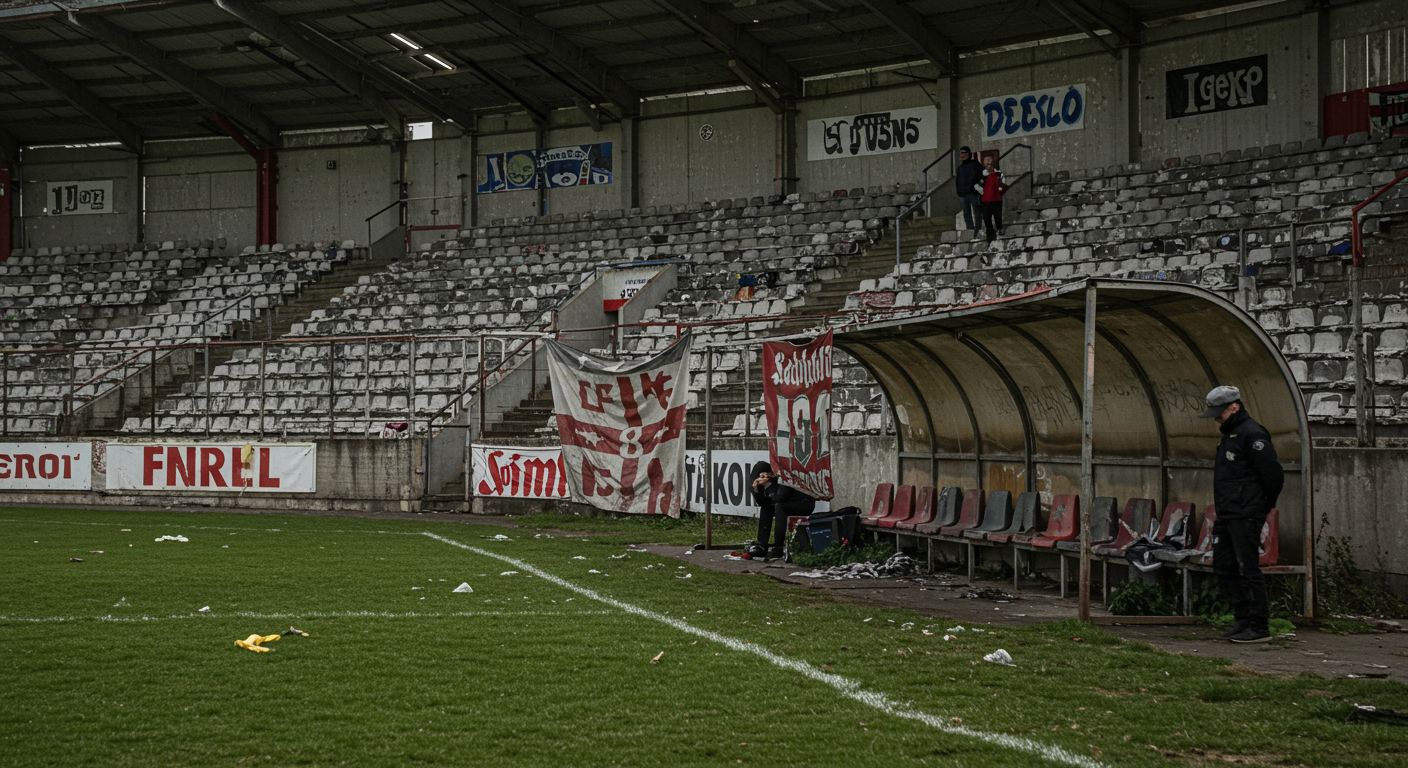Crises in Football and the SAF Law
Atlético-MG is experiencing a financial crisis and raising alarms about the SAF model. This was the headline of an article published in the July 24, 2025, edition of Folha de São Paulo.
The negativity that plagues Brazil and Brazilians, perhaps of Iberian origin, a product of colonial (de)formation, deserves more than just study; the time has come for a redirection, even if fraught with jingoism, for the common good. After all, this almost always negative outlook contributes to the maintenance of that well-known (or ingrained) inferiority complex.
The Galo crisis is not a crisis of the SAF, the SAF model, or its controlling shareholders. It predates it, a retrograde model that had already become unsustainable when the SAF was established as a solution, perhaps the only one, to address problems that, under associations, would never be resolved.
Despite not knowing the details of the situation, except from public information, the team, controlled by SAF, with all its difficulties, has, like almost no other, a group of shareholders with the repertoire to try and—I hope I'm not wrong—more than that, find solutions to difficulties that may arise for any company or any SAF.
Therein lies an existential difference: while in associations, crises are swept under the rug and compromise the sporting future, in SAFs, as a rule, they tend—or will tend—to be faced, as they should be, without attachment to short-term or populist movements.
This doesn't mean that every SAF will be successful. In fact, in a hypothetical competition with twenty SAFs, four will necessarily be relegated to a lower division. More than that: even if the relegated teams didn't experience economic crises, the probability of such an occurrence for some of them, including those that remain in the main division, would border on certainty.
Not every marriage has a happy ending, not every company achieves leadership in its sector, not every product launched is embraced by the market, not every film by the best director is well-received, and so on. SAFs may also experience their share of drama. These situations, however, shouldn't guide our perception of things, unless they become the rule (and not the exception).
This doesn't even apply to Galo's situation, much less as a final judgment on the SAF law, which hasn't even reached its fifth anniversary and has already given the country 117 SAFs, according to a study presented by IBESAF - Brazilian Institute for the Study and Development of Football Corporations.
If, on the other hand, there were a memory (or aversion) to the history of appropriations from non-profit associations, which produced billions in debt (and, in some cases, unpayable debt), and, on the other hand, knowledge of the purposes of the SAF law as a public policy instrument, the issue, even if guided by a crisis, could be considered an important moment in the law's short history.
This is, in fact, how Galo's current moment should be seen: as a paradigmatic shift in the way we tackle problems; problems that, probably (not to state categorically), should not be left to political successors to resolve.
As for the propositions that Galo itself and other SAFs spend more than they should and repeat the excesses of associations, they expose a reality that the country will soon have to face, not only in self-regulatory or regulatory terms, but also in the legislative sphere.
Without fair play standards, without limits on salary spending, without restrictions on transfers between clubs within the same group, without restrictions on the activities of intermediaries, among other aspects, expenses will continue to diverge from revenues and induce counterintuitive movements.
In this sense, the Folha article highlights the warning light that Cruzeiro has been given due to the debt incurred by the new management, after a period of restraint imposed by Ronaldo, the club's savior (and, later, seller).
It's curious that Ronaldo was criticized for his economic rationality—allegedly to the detriment of sporting results—and the new controller, Pedro Lourenço, a well-known and successful businessman, warned of the excessive (or irrationality) of spending.
The SAF law is still in its infancy, its operators are learning to master the instruments it creates, and results are already appearing: of the top ten in the Brazilian Championship's Serie A, four are SAFs and one is a limited liability company. Furthermore, one of them is the current champion of the Libertadores and Brasileirão. But that's a topic for another post.

